Drought Observatory
Operational services for decision-makers, stakeholders, and water managers. Monthly Bulletin (Italy), Indices, and Maps.
The IBE Climate Services have reached different degrees of maturity. Some are already declared operational.
Others are under development or are operational for supporting internal researches.
Operational services for decision-makers, stakeholders, and water managers. Monthly Bulletin (Italy), Indices, and Maps.
Web Platform distributing hydrological information. Slapis was developed in the framework of ANADIA 2.0 project.
Agriculture 4.0, interoperable, free, open and collaborative. Supporting agriculture ecosystem to increase its potential.
Turning climate-related information into added value for traditional MEDiterranean Grape, OLive and Durum wheat food systems
Environmental monitoring data sharing (agrometeo, urban climate, indoor, weather, renewable energy) for decision making.




SLAPIS SAHELProject Numerical Weather Predictionin SLAPIS Sahel One of the key objectives of the SLAPIS Sahel project is to strengthen national capacities in Numerical Weather
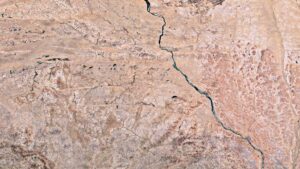
SLAPIS SAHELProject Système Locale d’Alerte Précoce pour les Inondations au Sahel Slapis Sahel A Training and Research for Development Project The increase in the frequency
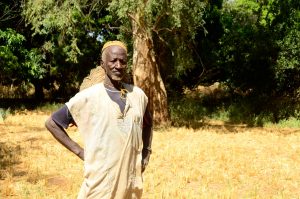
Assistance agrométéorologique pour les producteurs ruraux: Services Météorologiques et Climatiques pour réduire la vulnerabilité.
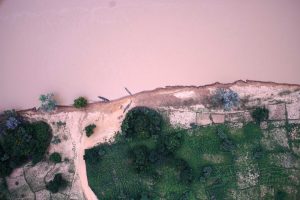
Attitude proactive pour s’adapter aux changements climatiques et réduire le risque hydrologique dans les Communes de la Sirba.
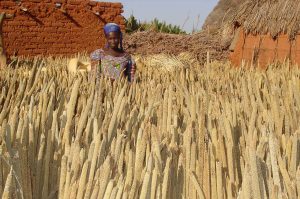
Climate Change Adaptation, Disaster Prevention and Agricultural Development for Food Security. A training and research project contributing to the development of sustainable agriculture, through the adaptation of production systems to climate change.
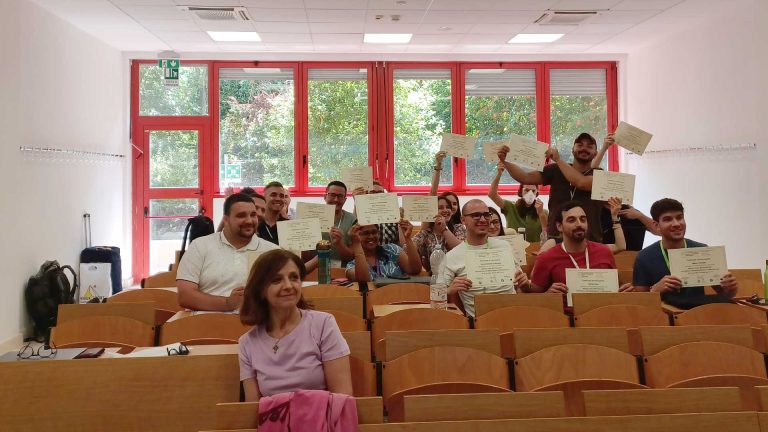
Last day of the 5th INTERNATIONAL ADVANCED SCHOOL IN AGRICULTURAL METEOROLOGY! We had the pleasure
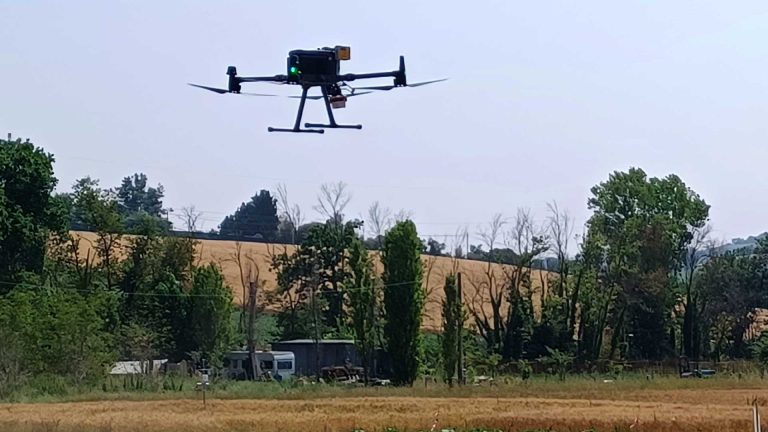
Today we focused on several aspects useful for data analysis and experimental designs in the
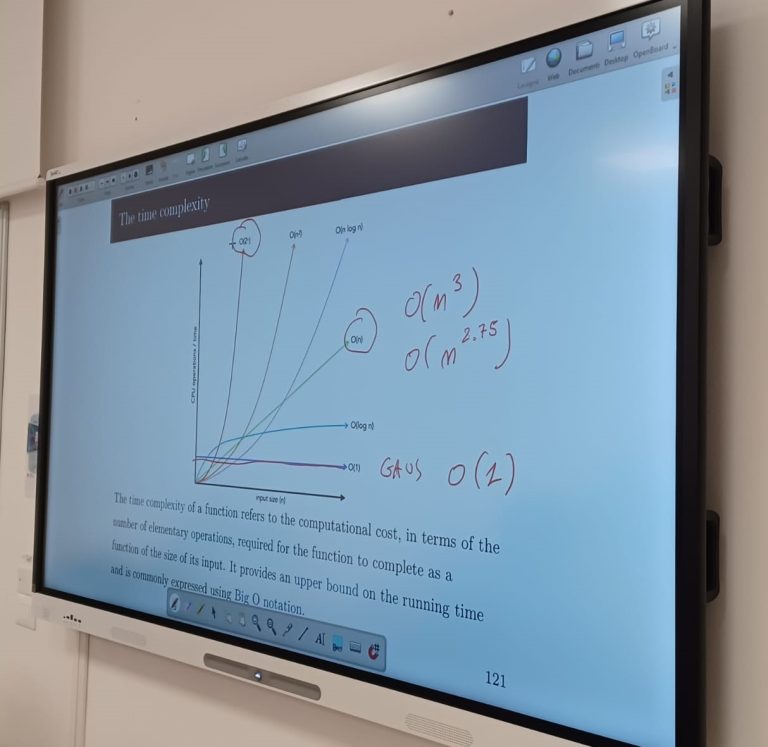
The 3rd day of the school The second day of the school focused on the
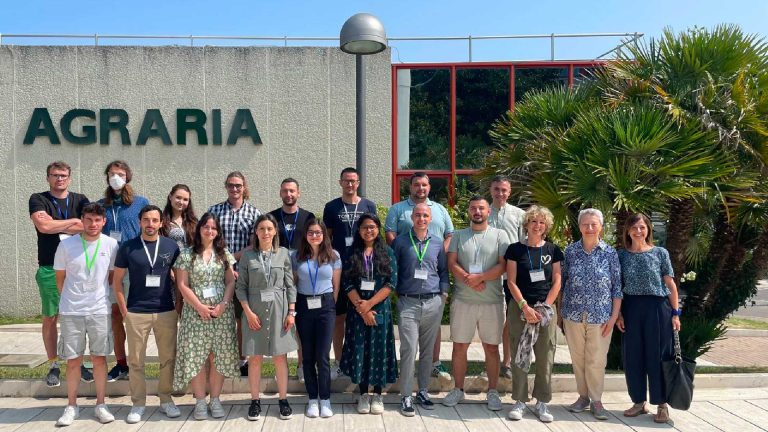
The second day of the school focused on microscale exchanges between the atmosphere and vegetation
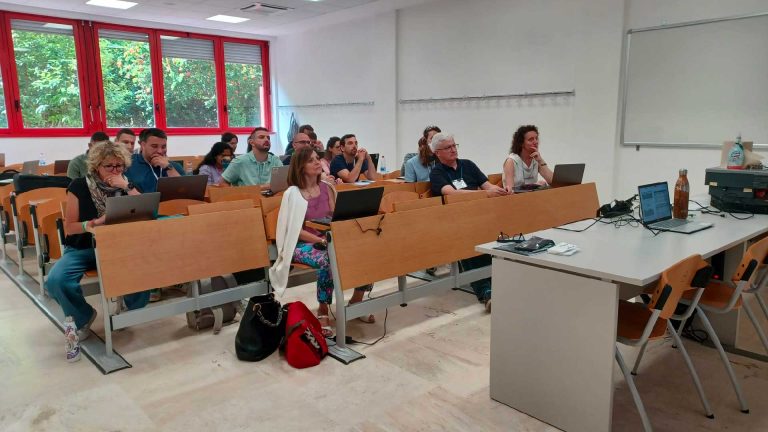
The AgroMetSchool, 5th Edition just started this morning in Ancona, hosted by Department of Agricultural,

Over the past 50 years, climate change has transformed from a little-known concept to one
Henri Poincaré, theoretical physicist
“The scientist does not study nature because it is useful to do so. He studies it because he takes pleasure in it, and he takes pleasure in it because it is beautiful. If nature were not beautiful it would not be worth knowing, and life would not be worth living.”
Shafer, M. (2008).
“Do we, as scientists, need to concern ourselves with whether or how the information is used?”
| Cookie | Duration | Description |
|---|---|---|
| CONSENT | 2 years | YouTube sets this cookie via embedded youtube-videos and registers anonymous statistical data. |
| Cookie | Duration | Description |
|---|---|---|
| NID | 6 months | NID cookie, set by Google, is used for advertising purposes; to limit the number of times the user sees an ad, to mute unwanted ads, and to measure the effectiveness of ads. |
| VISITOR_INFO1_LIVE | 5 months 27 days | A cookie set by YouTube to measure bandwidth that determines whether the user gets the new or old player interface. |
| YSC | session | YSC cookie is set by Youtube and is used to track the views of embedded videos on Youtube pages. |
| yt-remote-connected-devices | never | YouTube sets this cookie to store the video preferences of the user using embedded YouTube video. |
| yt-remote-device-id | never | YouTube sets this cookie to store the video preferences of the user using embedded YouTube video. |
| yt.innertube::nextId | never | This cookie, set by YouTube, registers a unique ID to store data on what videos from YouTube the user has seen. |
| yt.innertube::requests | never | This cookie, set by YouTube, registers a unique ID to store data on what videos from YouTube the user has seen. |
| Cookie | Duration | Description |
|---|---|---|
| _pk_id.1.c26e | session | No description |
| _pk_ses.1.c26e | session | No description |